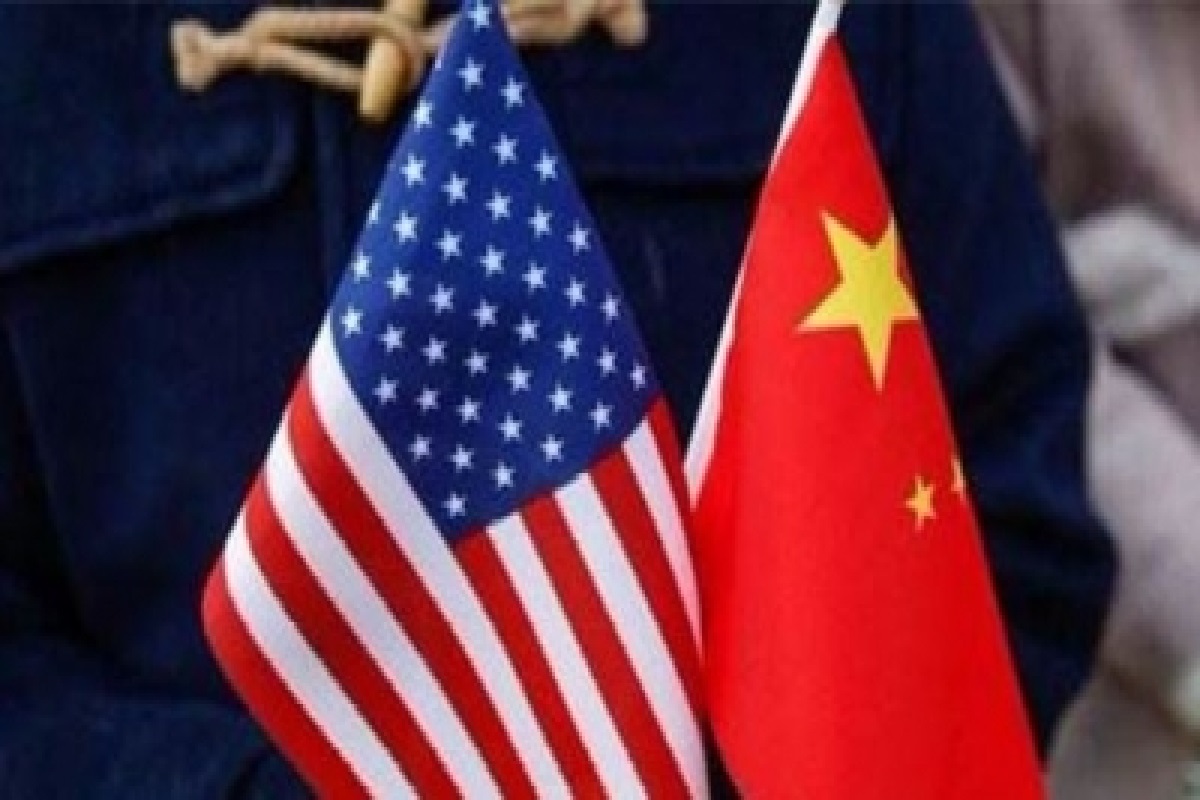The visit of US National Security Advisor Jake Sullivan to China underscores the strategic importance of the US-China relationship. Despite the Biden administration’s focus on other global challenges, such as the war in Ukraine and the crises in West Asia, it is clear that managing ties with China remains a priority. This visit, which follows several high-level meetings between Mr Sullivan and Chinese officials, comes at a time of continued tensions between the two nations.
It signals that even in the twilight of President Joe Biden’s tenure, the administration is keen to lay the groundwork for stable relations with Beijing. The timing of this visit is significant. With the US presidential election on the horizon and Mr Biden stepping back in favour of Vice President Kamala Harris, there is a sense that Washington is seeking to secure its diplomatic legacy with China. Mr Sullivan’s trip, therefore, serves not only as a continuation of Mr Biden’s foreign policy but also as a potential bridge to the next administration. This is crucial, as the next US president, whether it be Ms Harris or former President Donald Trump, will inherit a complex and delicate relationship with China that will require careful management.
Advertisement
For China, this visit represents what its foreign ministry has described as a critical juncture in its relationship with the United States. Beijing is keenly aware of the potential for further deterioration in ties, especially if a more hawkish administration takes over in Washington. The spectre of Mr Trump’s return to the White House, with his promises of increased tariffs and a tougher stance on trade, looms large over these discussions. As such, China is likely using this opportunity to assert its priorities and test the waters for future engagement with the US. One of the central issues at play is Taiwan. For China, Taiwan remains a non-negotiable red line, and any perceived support for Taiwanese independence by the US is met with strong opposition.
High-profile diplomatic visits and recognition of Taiwan’s elections are seen as provocations by Beijing, and Mr Sullivan’s visit will likely include discussions on how to manage this sensitive issue without escalating tensions further. China’s stance on Taiwan, coupled with its concerns over US tariffs and military presence in Asia, will undoubtedly shape the tone of the talks. From the US perspective, the relationship has become increasingly complicated by China’s actions in Asia and its support for Russia in the Ukraine conflict.
Mr Sullivan is likely to press Beijing on these issues, particularly the supply of microchips and other materials to Russia. The Biden administration’s strategy has been to manage the rivalry with China through diplomacy and strategic competition, rather than outright confrontation. However, this approach has been challenged by recent events, and Mr Sullivan’s visit will test whether this strategy can still be effective. As both sides engage in these critical discussions, the outcome could set the tone for US-China relations for the immediate future









